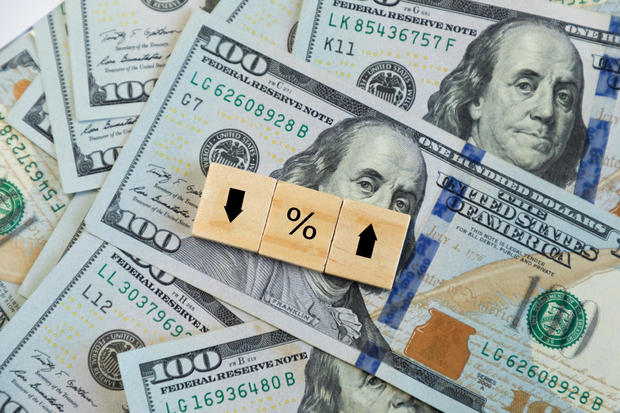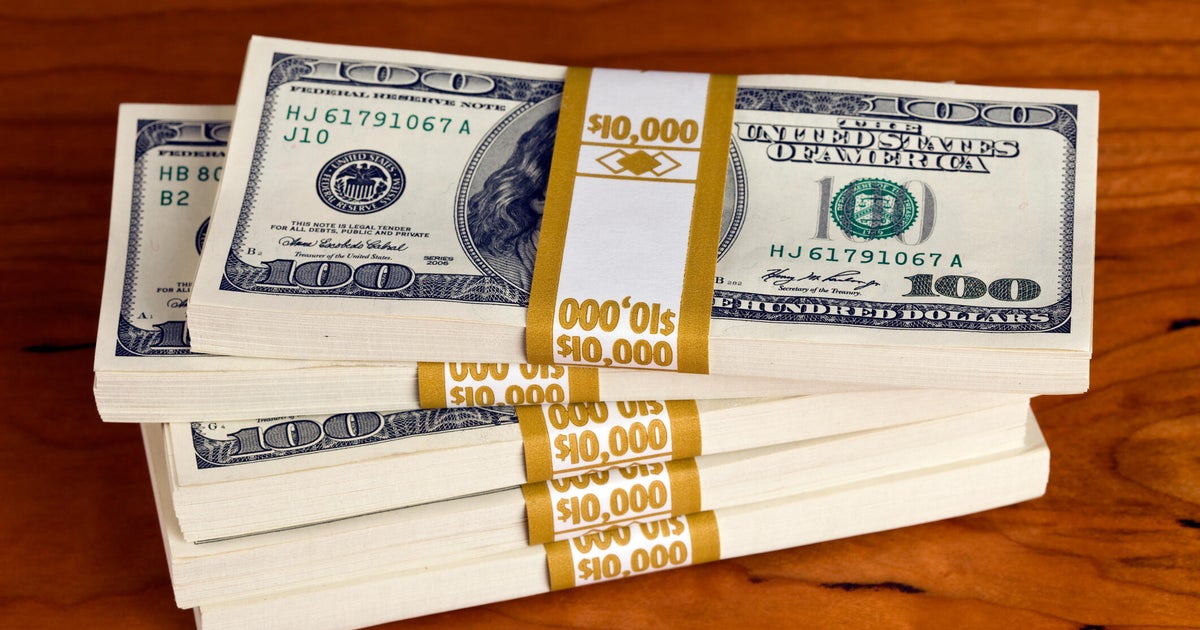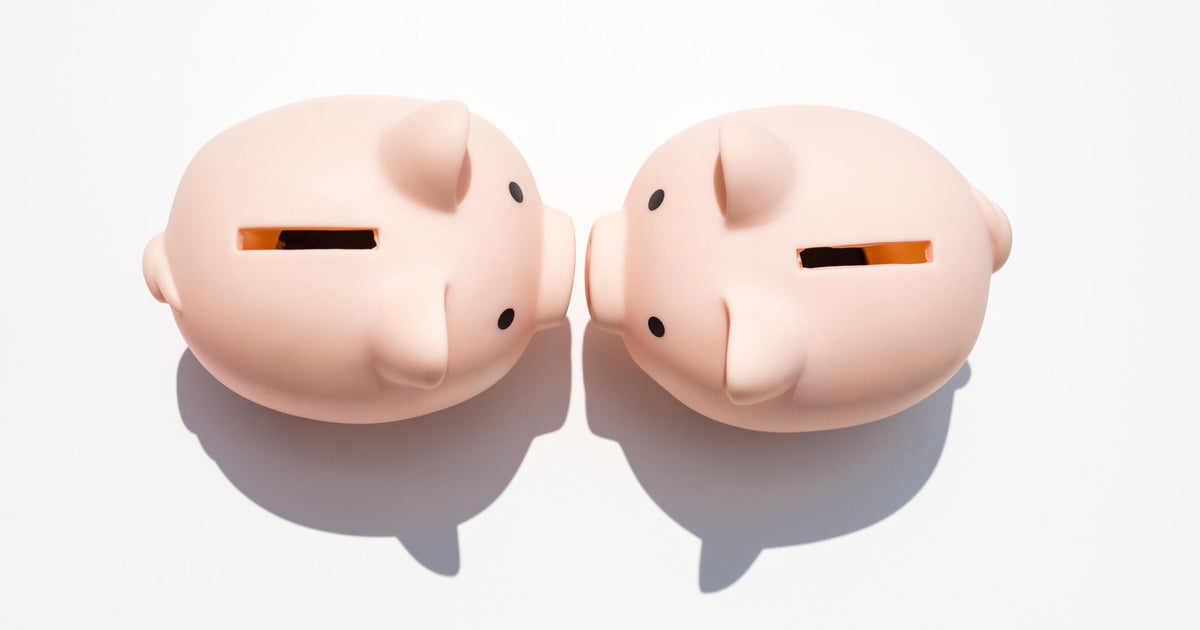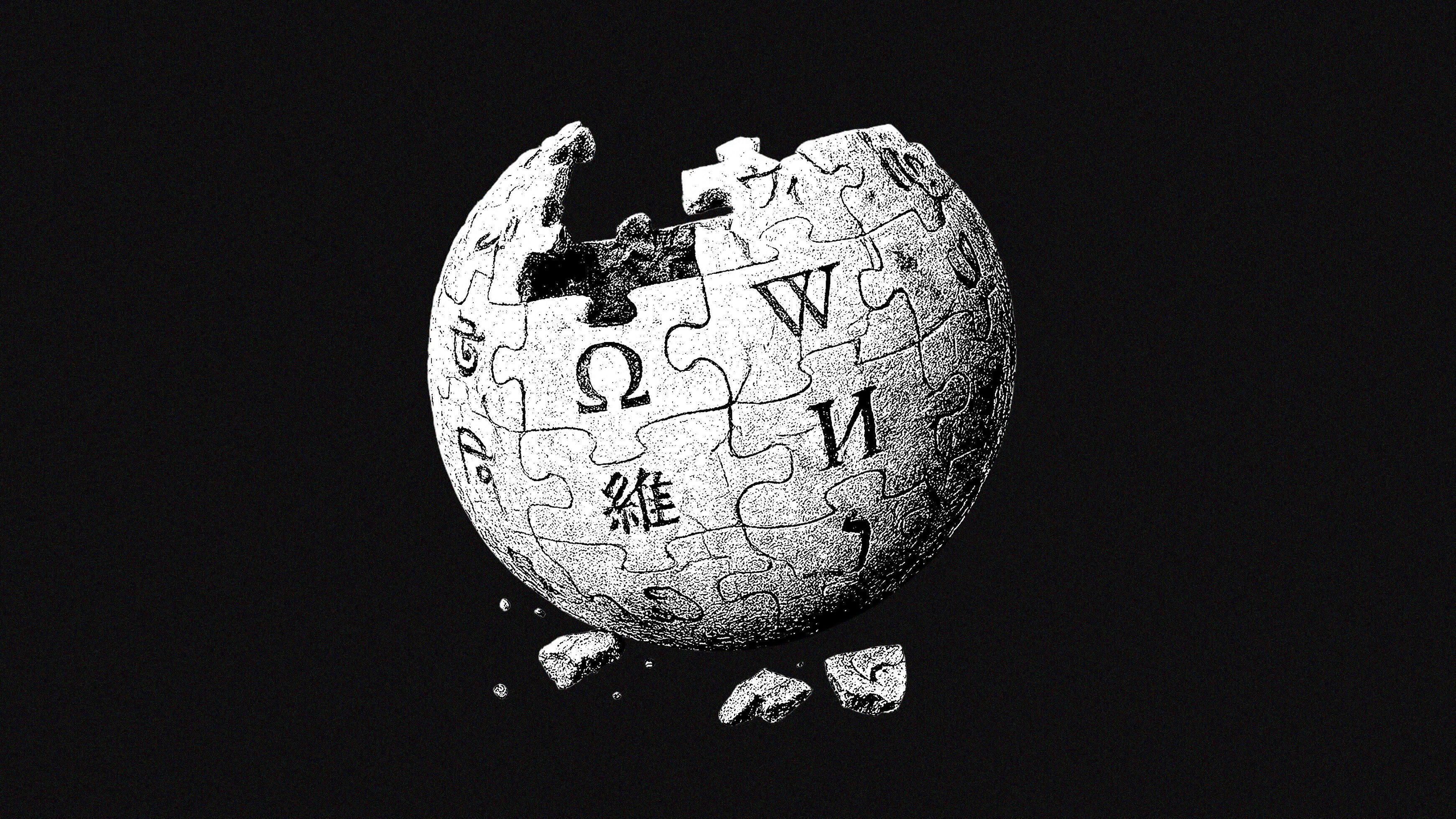Fixed vs. variable interest rate: Which is better for your savings now?
Saving money is a critical part of financial planning, and finding the right savings account is just as important. One of the things to consider when choosing a savings account is how interest is calculated.
Deciding between a fixed and a variable interest rate can be tricky, especially if you're not familiar with the differences between the two. Which is right for you depends on a few factors, and understanding the pros and cons of each will help you make a more informed decision.
See current savings rates here and start earning more interest on your money now.
Fixed vs. variable interest rate: Which is better for your savings now?
The first step in choosing between a fixed or variable interest rate is understanding how they work and how it affects your savings.
Fixed interest rates
A fixed interest rate is a steady interest rate set by your bank or financial institution. That means the rate will not change, regardless of overall interest rate fluctuations.
Fixed interest rates are offered by certificate of deposit (CD) accounts. With a CD, you agree to keep your money in the account for a specified term (typically a few months to several years). You generally won't be able to withdraw the money during that period without facing penalties.
However, in return for sacrificing access to your cash, you get a predictable return and, usually, a higher interest rate than with a variable-rate account.
Pros of fixed interest rates
A fixed-interest CD offers the security of a guaranteed, predictable return. You know precisely how much you'll earn, when you'll earn it, and you're shielded from interest rate changes that could decrease your earnings. In addition, fixed-rate accounts often have higher APYs than variable-rate accounts.
Cons of fixed interest rates
A fixed interest rate can protect you from interest rate drops. However, if interest rates rise, you won't be able to earn higher returns as your rate is locked in for the term. In addition, if you need to withdraw your money before the term ends, you may incur penalty charges, which can eat into your savings.
View today's top CD accounts now to see how much you could be earning with a fixed interest rate.
Variable interest rates
A variable interest rate changes over time in accordance with the federal funds rate. If the federal funds rate goes down, your interest rate goes down, and vice versa. Regular and high-yield savings accounts have variable rates.
Although you'll typically get a lower interest rate with a variable-rate savings account, you're free to deposit and withdraw money whenever you wish without any penalty.
Pros of variable interest rates
If interest rates increase, a savings account with a variable rate allows you to enjoy a higher return. Additionally, you can dip into a savings account whenever you like without sacrificing the interest you've already earned.
Cons of variable interest rates
While variable-rate accounts pay off when rates are high, you're at the mercy of the market, so you could lose out on returns if interest rates fall. This makes your earnings less predictable and can make it harder to plan your savings strategy.
Additionally, variable-rate accounts often have lower rates than fixed-rate ones. CD rates tend to beat even high-yield savings account rates, although the difference with high-yield accounts may be marginal.
Compare savings account options online now to learn more.
How to choose between a fixed or variable interest rate
Keep the following things in mind when deciding whether to open a fixed- or variable-rate savings account.
Risk tolerance
CDs and high-yield savings accounts are far safer than investments like stocks. While the interest you earn might change, you'll never lose the principal you deposited (unless you withdraw it) and you'll never lose a large sum overnight.
That said, variable-rate accounts are riskier than fixed-rate ones. You never know where the market may head, so your earnings could decrease if rates drop. With a fixed-rate account, you know precisely how much you'll earn, making it a better choice for investors who value reliability over earning potential.
Savings goals
Your savings timeline is also important. If you're putting money aside for an emergency fund, for instance, you'll want that money to be easily accessible when you need it. With a variable-rate account like a high-yield savings account, you can withdraw your funds at any time without penalty.
With a fixed-rate account like a CD, you're locking your funds away for a predetermined period. That makes these accounts better for saving goals with a specific timeframe, such as putting aside money for a down payment on a house you'd like to buy in a few years.
Current and future interest rates
After months of interest rate hikes, savings rates are currently high across the board. Experts predict at least another hike in September. That said, they also believe rates are close to peaking, which means they may not stay high for much longer.
With a high-yield savings account, you'll benefit from another rate hike if it happens. But if rates begin to decline after that, so will your earnings. With a CD, however, you can lock in today's high rates for months (or years) to come.
The bottom line
Choosing between fixed and variable interest rates depends on your savings goals and preferences. If you want a guaranteed return or need to save for a particular event, a fixed-rate account may be your best bet. If you need more flexible access to your savings and want the potential for higher returns, a high-yield savings account is worth exploring.
At the end of the day, both options have their benefits and drawbacks. Understanding these differences can help you choose the type of interest rate that best aligns with your financial goals.




